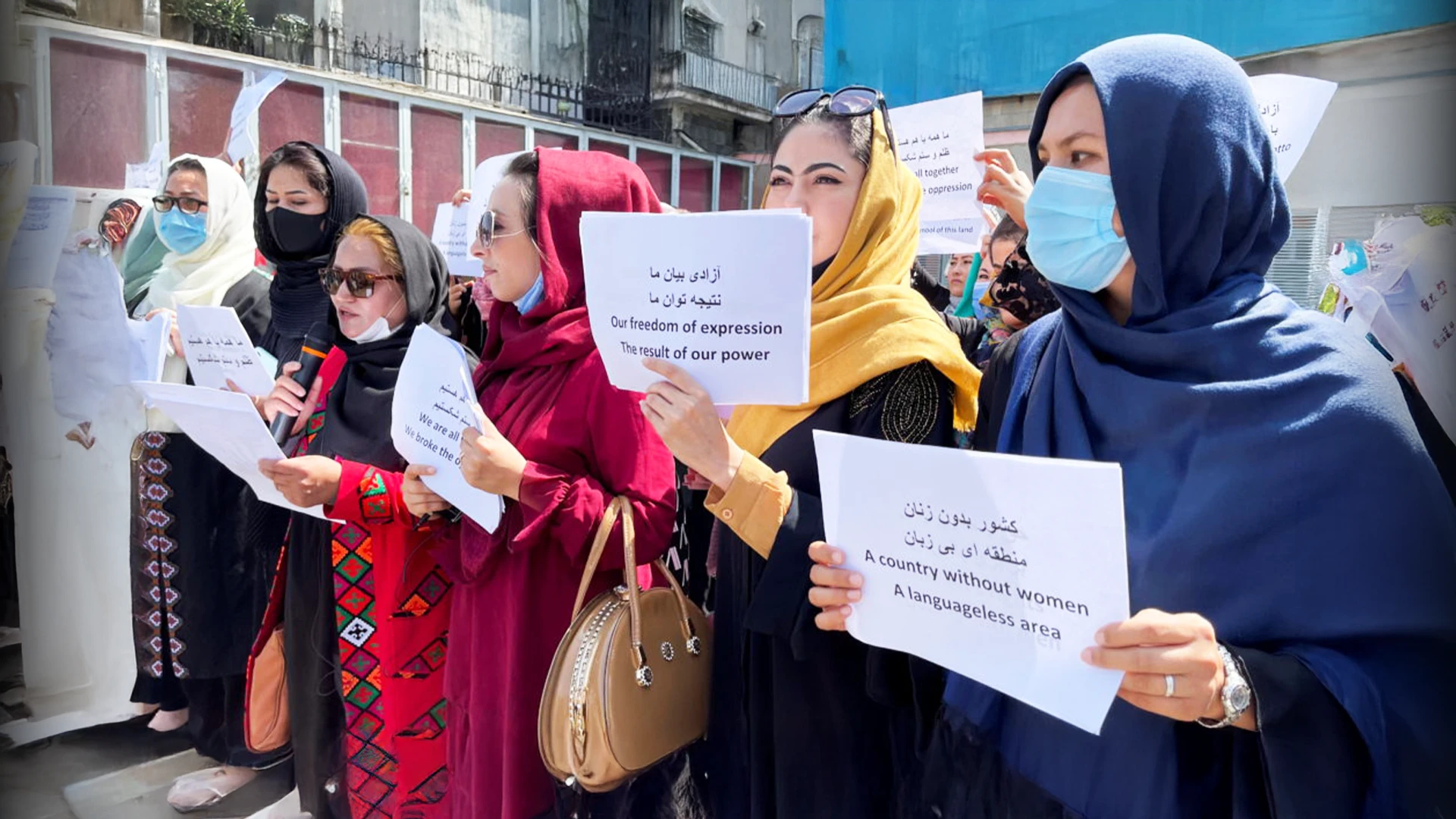
In a move further tightening restrictions on women’s freedoms, the Taliban has banned Afghan women from practicing medicine, nursing, and midwifery. This decree, issued in late 2024, is another blow to the country’s fragile healthcare system, which relies heavily on women to provide care, particularly to female patients in culturally sensitive contexts.
The decision exacerbates the already dire situation for Afghan women, who have been systematically stripped of their rights since the Taliban regained power in August 2021. The ban effectively eliminates career opportunities for women in healthcare and restricts access to essential medical services for Afghan women, as cultural norms prevent male doctors from treating female patients in many cases.
A Pattern of Oppression
This latest prohibition is part of a broader pattern of restrictions imposed by the Taliban on Afghan women, curtailing their ability to participate in public, social, and economic life. Over the past two years, women have been barred from driving cars, owning smartphones, or speaking in public. The Taliban has prohibited them from wearing bright clothing or high heels, deeming them “un-Islamic,” and they cannot look at or interact with men they do not know.
In education, the Taliban has closed high schools and universities to women, effectively erasing them from formal learning. Women’s ability to pursue careers has also been dismantled, as they are banned from working in the civil service, attending protests, or traveling abroad without a male guardian.
Devastating Consequences
The ban on women practicing medicine and healthcare could have catastrophic consequences for Afghanistan. In a country where maternal mortality rates are among the highest in the world, midwives and female doctors play a crucial role in ensuring women’s access to safe childbirth and healthcare. Without female professionals, countless Afghan women may be left without medical care.
This decision also threatens to isolate Afghanistan on the global stage further. International organizations have repeatedly condemned the Taliban’s treatment of women, urging them to reverse policies that contravene basic human rights.
Hope Amid Oppression
Despite these restrictions, Afghan women resist in creative and courageous ways, finding small avenues to assert their rights. Global advocacy groups have also rallied to highlight their plight, demanding action from the international community to hold the Taliban accountable. The women are often seen holding placards while protesting for their rights, and singing Persian songs as they seek blessings from the sky for their freedom.
As these oppressive measures deepen, the world must not turn a blind eye to the struggles of Afghan women. Their fight for dignity, education, and equality remains a battle for humanity.








